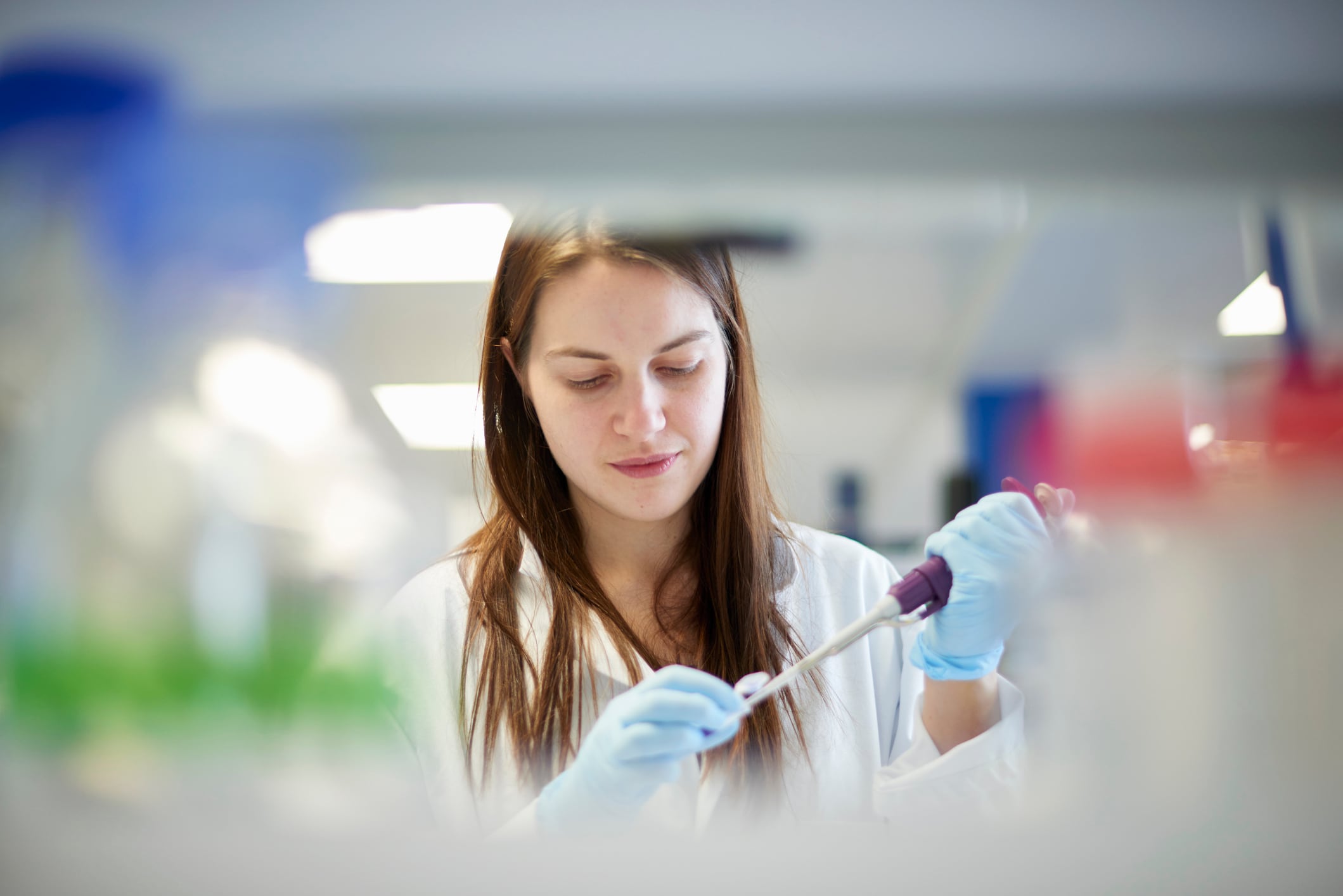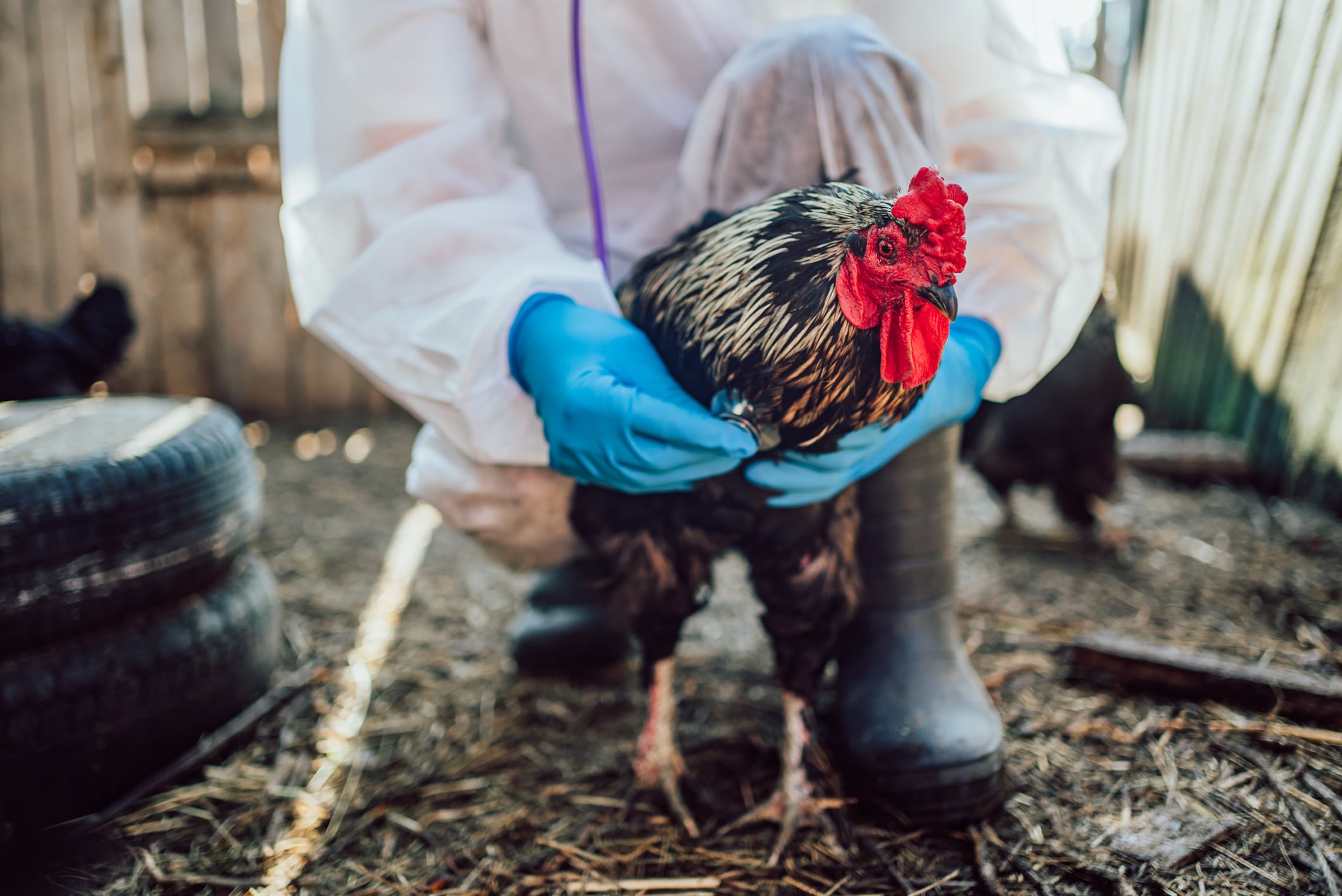A bacteria more common in hospitals that can cause antibiotics resistance has been found in the food chain for the first time.
Carbapenemase-producing (CPE) bacteria have been detected in food animals and food products across Europe, European Food Safety Authority (EFSA) testing has shown.
While the discovery is shocking, scientists state there is no definitive evidence showing to say the bacteria can spread to humans through food. However, identical strains have been found in animals and humans, suggesting transmission is possible.
What are CPEs?
CPEs produce enzymes that render carbapenem antibiotics inactive, a concern to the healthcare sector as these antibiotics are used to treat serious infections in humans.
“Resistance to these drugs poses a significant public health risk, potentially leaving few effective treatment options,” said EFSA.
CPE have been found in the food chains of 14 out of 30 EU countries since 2011.
The number of reported CPE cases has risen in pigs, cattle and poultry, with more cases reported between 2021 and 2023.
How to stop CPE spreading
To help combat and wipe out the spread of CPE in Europe’s food system, EFSA recommends:
- Expanding food sourcing monitoring activities, especially of segments not currently monitored including in seafood and vegetables
- Ramping up detection methods, such as through track-back investigations and bacterial molecular typing to identify transmission routes and spreaders
- Focus research to develop a better understanding of how the bacteria spreads in the food chain
“EFSA will support Member States and EFTA countries in further investigating and generating new data on the occurrence and spread of CPE, considering the variability in genes present across different countries and animal species. An updated opinion will be published in 2027 reflecting the latest findings,” the body said in a statement.
The update follows the rampant spread of bird flu across European countries in recent months, with more territories increasing counter measures and biosecurity responses.




